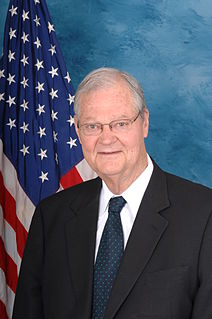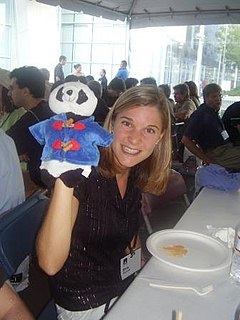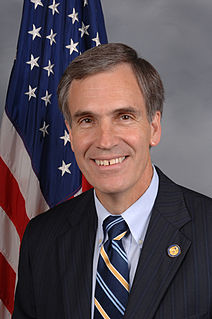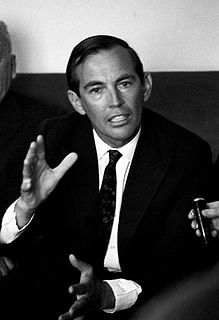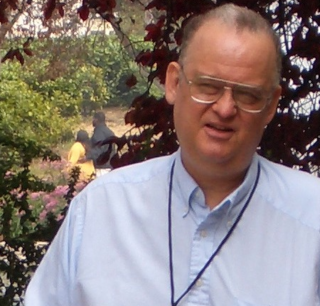A Quote by Ike Skelton
Modern medical advances have helped millions of people live longer, healthier lives. We owe these improvements to decades of investment in medical research.
Related Quotes
I am the representative of all the sick people and what they are doing to me is only the worst case right now, but there will be others. I am living on borrowed time anyway. I owe this part of my life to luck and modern medical science. But I can't imagine what the rest of it will be like if they won't let me use medical marijuana.
It is simply no longer possible to believe much of the clinical research that is published, or to rely on the judgment of trusted physicians or authoritative medical guidelines. I take no pleasure in this conclusion, which I reached slowly and reluctantly over my two decades as an editor of The New England Journal of Medicine.
It is ironic that in the same year we celebrate the 50th anniversary of the discovery of DNA, some would have us ban certain forms of DNA medical research. Restricting medical research has very real human consequences, measured in loss of life and tremendous suffering for patients and their families.
